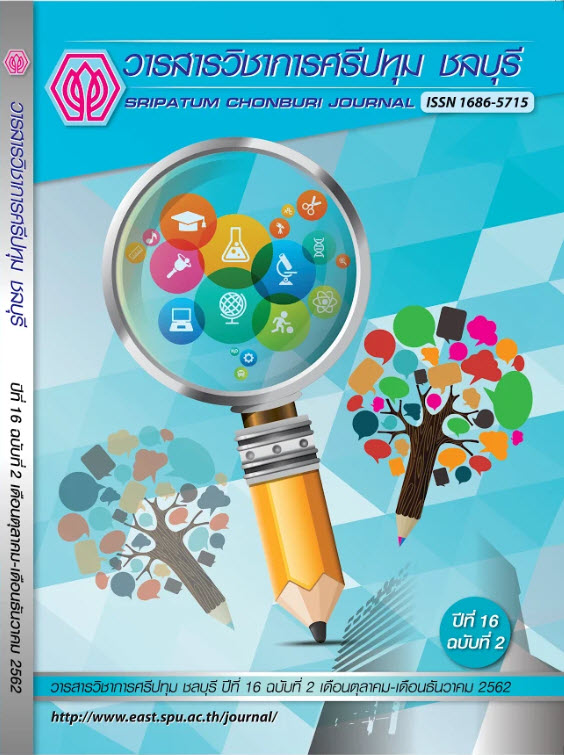THE PROBLEMS AND OBSTACLES OF THE APPEAL AND PETITION LAW IN PRACTICAL
Keywords:
appeal against the Court of First Instance, appeal against the Court of AppealAbstract
The appeal and petition systems are the rights of the parties or person, who gets direct effect to the right from the judgment or the order of the Court or Court of First Instance or the Court of Appeals, can appeal and petition the judgment to the Court of Appeals or the Supreme Court. And the people, who get direct effect to the right from the judgment of Court of Appeals, can dispute to the Supreme Court. However, those people are disqualified by the right disqualify limited provision in the appeal or petition on any of the provision by has been improved to be licensed by the Supreme Court. The other systems, the appeal and petition systems, must have licensed so that will result to the amount of cases in the Supreme Court are very few and that affect to the amount of the judges in the Court to Appeal and the Supreme Court.
The problems and obstacles of the appeal and petition law in practical. The theory of the problems and obstacles of the appeal and petition law for studying the problems and obstacles by studying the solutions and laws which related to the appeal and petition law that can really be practical on the fact problems and the law problems.
The major problem in the problems and obstacles of the appeal and petition law is law students and lawyers who are just entering the legal profession or attorney must have the experience, and that means the lawyers and the general population lack very high of the technical rules of this laws field, so it is hard to perform correctly. The incarceration highly rate which is according to the law are imprisonment up to three years or a fine not exceeding sixty thousand baht or both. However, the defendants can appeal the fact problems in the following case. (1) The defendant is judged to be punished to imprisonment or detention, instead of imprisonment. (2) The defendant is judged to be punished to imprisonment but the court is reprieve. (3) The court judge the defendant is guilty but reprieve. Or (4) The defendant is judged to be fined up to one thousand baht. These make law students and the lawyers who are just entering the legal profession including attorney or the general population can be confused to write and appeal or petition.
References
นวพล เอี่ยมสะอาด. (2561). ข้อจำกัดสิทธิในการฎีกาปัญหาข้อเท็จจริง: การแก้ไขมากและการแก้ไขเล็กน้อยในประมวลกฎหมายวิธีพิจารณาความอาญา มาตรา 218 และมาตรา 219. วิทยานิพนธ์นิติศาสตรมหาบัณฑิต สาขาวิชานิติศาสตร์, คณะนิติศาสตร์ปรีดี พนมยงค์ มหาวิทยาลัยธุรกิจบัณฑิตย์.
ลีนนท์ พงษ์ศิริสุวรรณ. (ม.ป.ป.). การดำเนินกระบวนพิจารณาในชั้นอุทธรณ์และฎีกา ความเข้าใจเบื้องต้นและข้อสังเกตเกี่ยวกับลักษณะอุทธรณ์และฎีกา (ออนไลน์). เข้าถึงได้จาก: http://www.peesirilaw.com/อุทธรณ์ฎีกา/อุทธรณ์และฎีกา.html [2559, 25 เมษายน].
Downloads
Published
Issue
Section
License
บทความทุกบทความเป็นลิขสิทธิ์ของวารสารวิชาการศรีปทุม ชลบุรี



